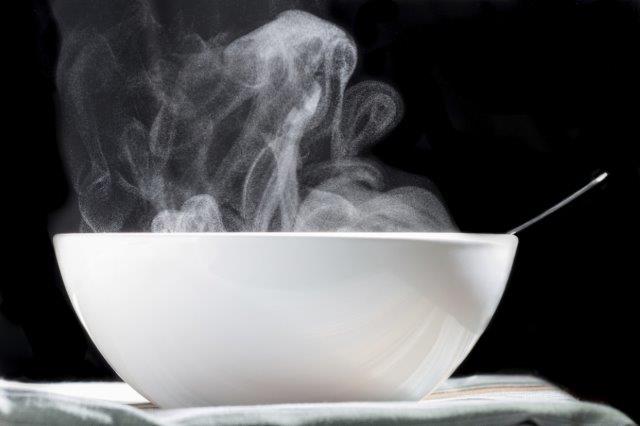FOR IMMEDIATE RELEASE
ACS News Service Weekly PressPac: August 05, 2015
A simple tableware switch could reduce exposure to a potentially harmful substance
"Behavioral Intervention and Decreased Daily Melamine Exposure from Melamine Tableware"
Environmental Science & Technology
In households with kids — or grown-up klutzes — a durable set of melamine plates and bowls is a must. But studies suggest that heat and acid can cause melamine from dinnerware to seep into food and potentially cause harmful health effects. Now scientists show that substituting stainless steel containers for melamine ones when serving hot food could reduce the amount of the substance in people’s bodies. Their report appears in ACS’ journal Environmental Science & Technology.
In 2008, the health effects of acute melamine exposure became widely known when a scandal erupted in China over the material’s use in milk powder. About 300,000 people were sickened, and more than 50,000 babies were hospitalized. Although officials largely stamped out the practice of adding melamine to food, most people continue to be exposed to the substance, an industrial chemical also used in other plastics, flooring and whiteboards. Some research has suggested that even small amounts could increase the risk of urinary stones or kidney problems, and one major source of the material is tableware. Ming-Tsang Wu and colleagues wanted to see what kinds of practices could lower people’s exposure.
The researchers first measured melamine levels in the urine of study subjects and then gave them stainless steel boxes and silverware for their hot meals. The melamine levels in their urine decreased after using the containers by 41 to 92 percent. The wide range could be due to subjects’ exposure to other uncontrolled sources of the substance, the researchers say.
The authors acknowledge funding from Kaohsiung Medical University, Kaohsiung Medical University Hospital, Taiwan’s Ministry of Science and Technology and Taiwan’s National Health Research Institutes.


